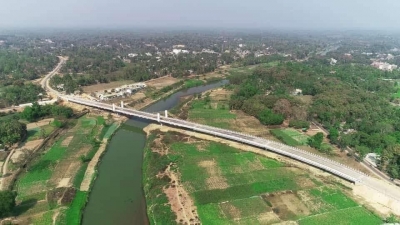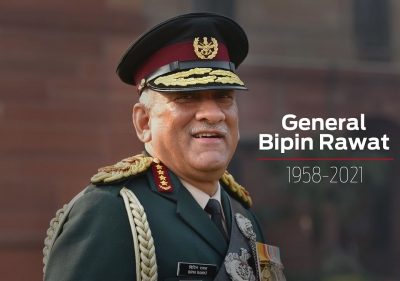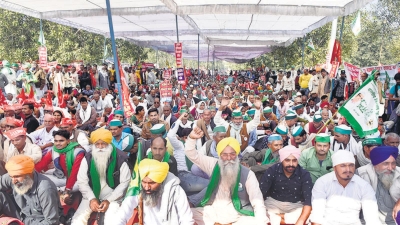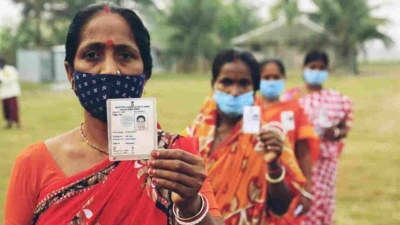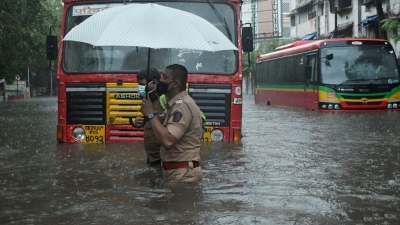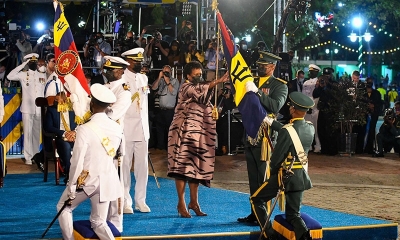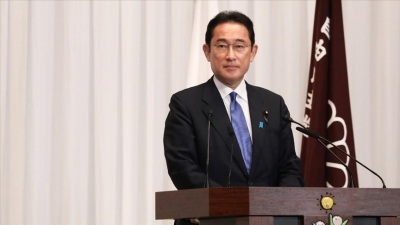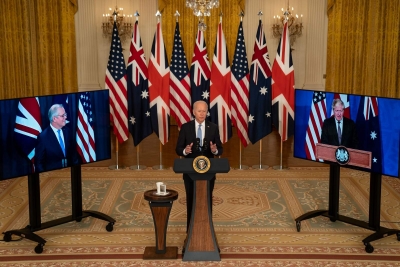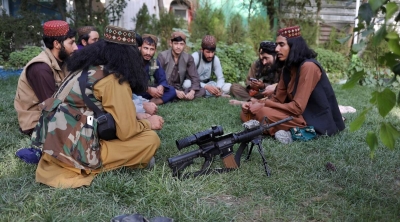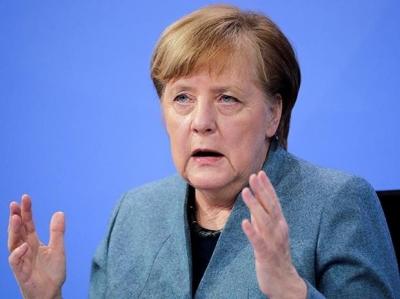
The Angela Merkel era in Germany came to an end in December 2021. A familiar face, the 67-year-old Merkel served as the Chancellor of Germany for 16 years from 2005. One of the longest-serving heads of government in the EU, Merkel bid goodbye to politics after a fond send-off from colleagues. Her era saw Germany emerge as the fourth-largest economy, next only to Japan, China and the U.S. Her popularity soared during the pandemic, making her the country's best-liked politician. Merkel endeared herself to many across the world with her sheer optimism, when she opened the country's doors to migrants during the Syrian refugee crisis. After serving four terms, she refused to seek a fifth term as Chancellor in the 2021 federal election, paving the way for Olaf Scholz to become Germany's new chancellor. On December 8, she officially handed over the reins to Scholz who took oath in the Bundestag (the German federal parliament)
Merkel said she was bowing out of the EU in a situation that definitely gives me cause for concern as well.
We have been able to overcome many crises in a spirit of respect, in an effort always to find common solutions she said. But we also have a series of unresolved problems, and there are big unfinished tasks for my successor.
That's also true at home, where her record dominated by the crises she addressed and including a pandemic that is flaring anew as she steps down is a mixed bag.
She leaves Germany with lower unemployment and healthier finances, but also with well-documented shortcomings in digitisation many health offices resorted to fax machines to transmit data in the pandemic and what critics say was a lack of investment in infrastructure.
She made progress in promoting renewable energy, but also drew criticism for moving too slowly on climate change. After announcing in 2018 that she wouldn't seek a fifth term, she failed to secure a smooth transition of power in her own party, which slumped to defeat in Germany's September election.
The incoming governing coalition under Scholz says it wants to venture more progress" for Germany after years of stagnation.
But Germans' overall verdict appears to remain favourable. During the election campaign, from which she largely was absent, Merkel's popularity ratings outstripped those of her three would-be successors. Unlike her seven predecessors in postwar Germany, she is leaving office at a time of her choosing.
Merkel's body language and facial expressions sometimes offered a glimpse of her reactions that went beyond words. She once lamented that she couldn't put on a poker face: I've given up. I can't do it.
She wasn't intimidated by Putin's style. The Russian president once brought his Labrador to a 2007 meeting with Merkel, who later said she had a certain concern about dogs after having once been bitten by one.
She was never the most glamorous of political operators, but that was part of her appeal the chancellor continued to take unglamorous walking holidays, was occasionally seen shopping at the supermarket and lived in the same Berlin apartment as she did before taking the top job.
Named The World's Most Powerful Woman by Forbes magazine for the past 10 years in a row, Merkel steps down with a legacy of breaking through the glass ceiling of male dominance in politics although she also has faced criticism for not pushing harder for more gender equality.
Obama said that so many people, girls and boys, men and women, have had a role model who they could look up to through challenging times.
Former President George W. Bush, whose relationship with Merkel's predecessor, Gerhard Schroeder, soured over the latter's opposition to the US-led war in Iraq, said that Angela came in and changed that completely.
Angela Merkel brought class and dignity to a very important position and made very hard decisions...and did so based upon principle, Bush told German broadcaster Deutsche Welle in July. He described her as a compassionate leader, a woman who was not afraid to lead.
Credit : Business Standard
Picture Credit : Google
